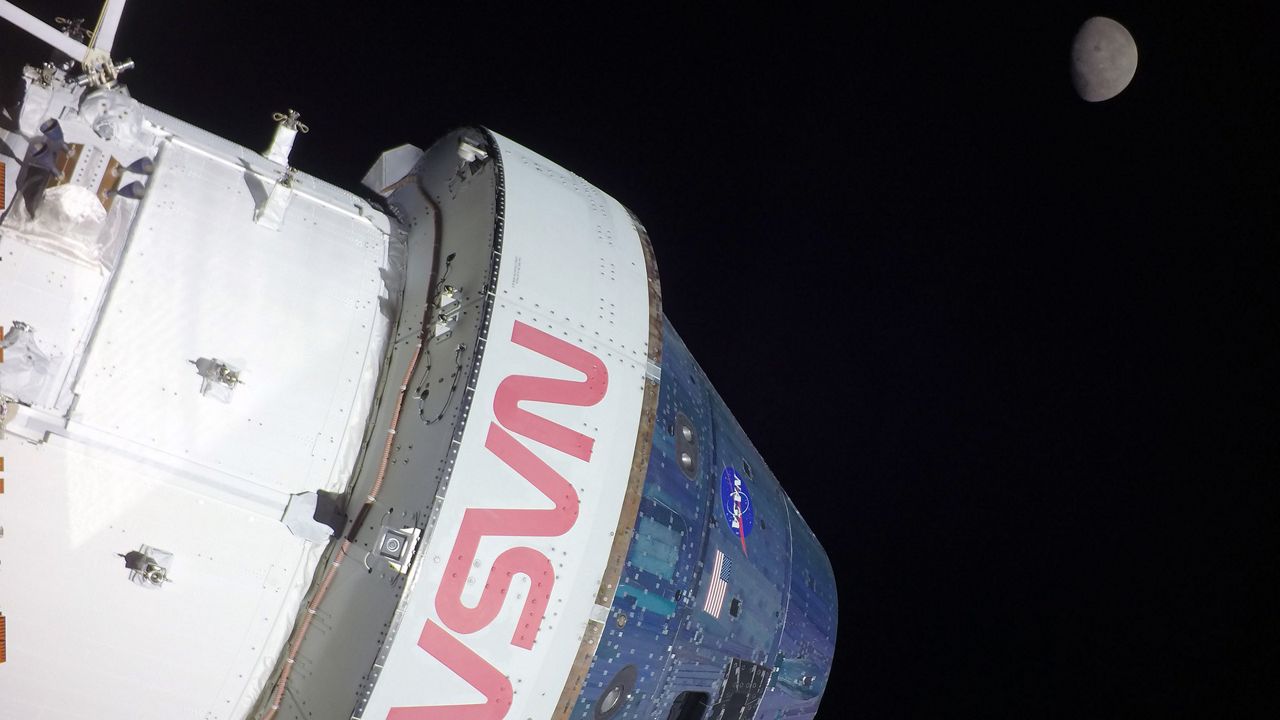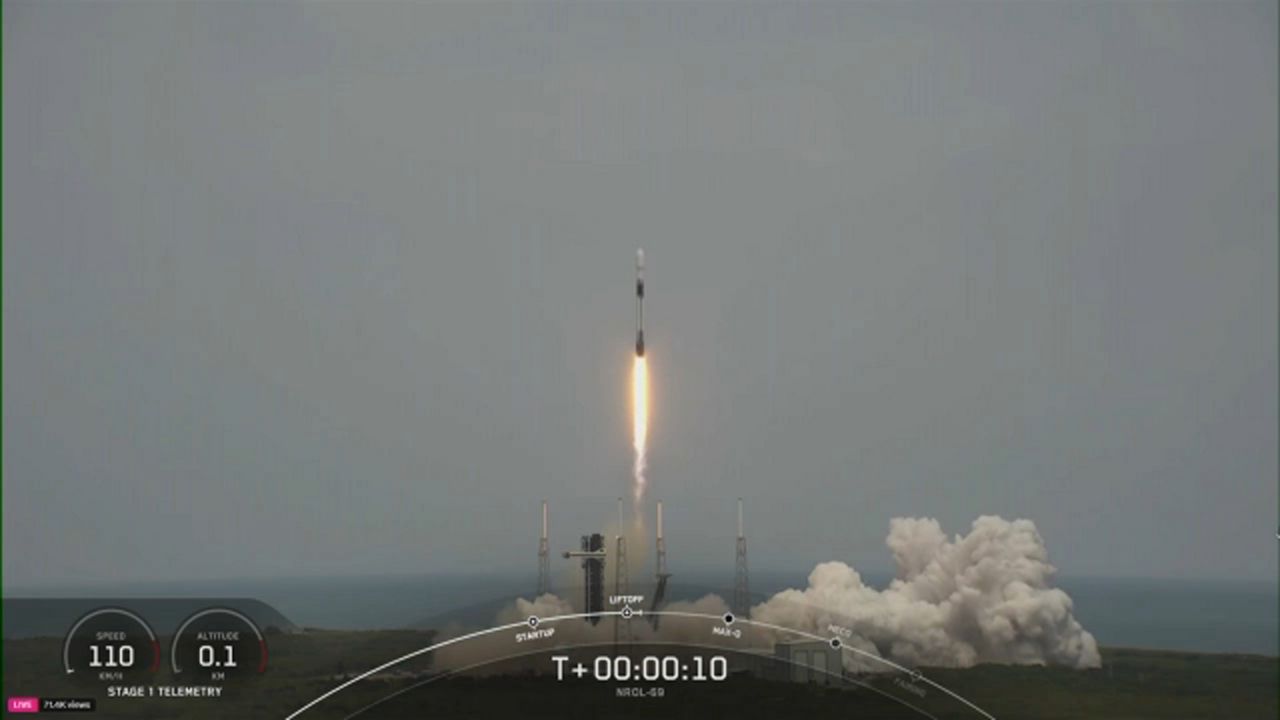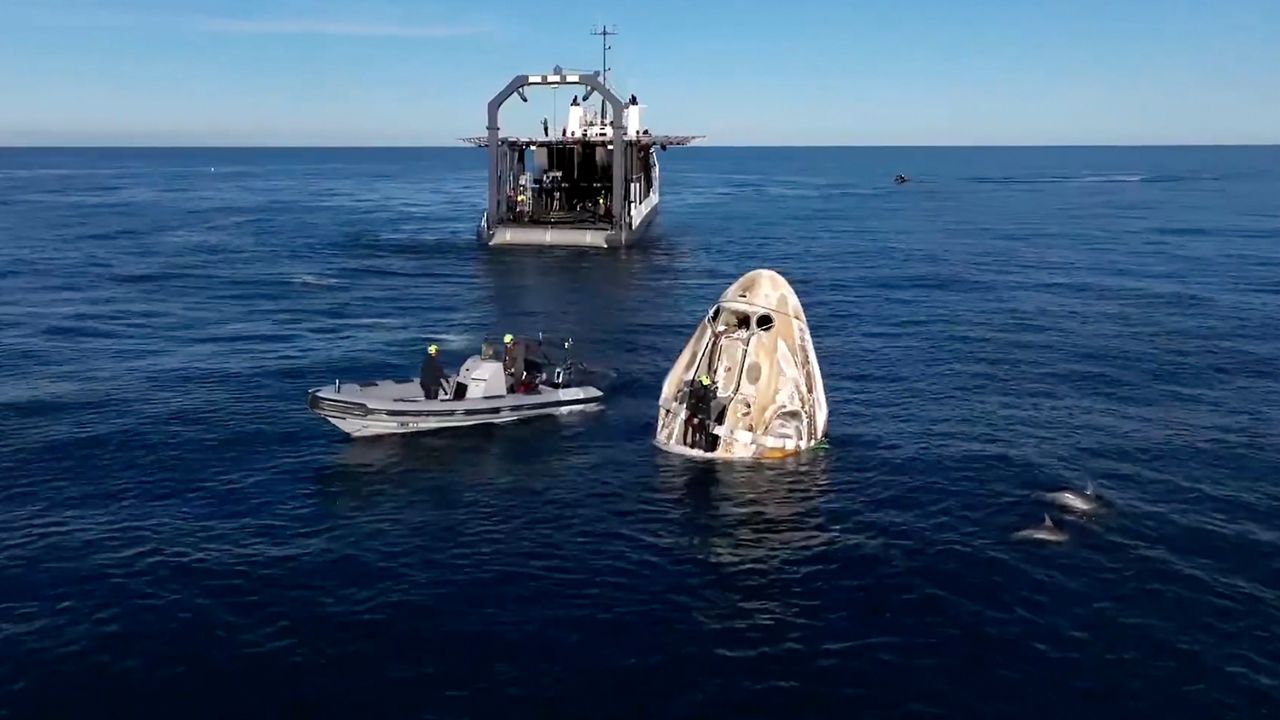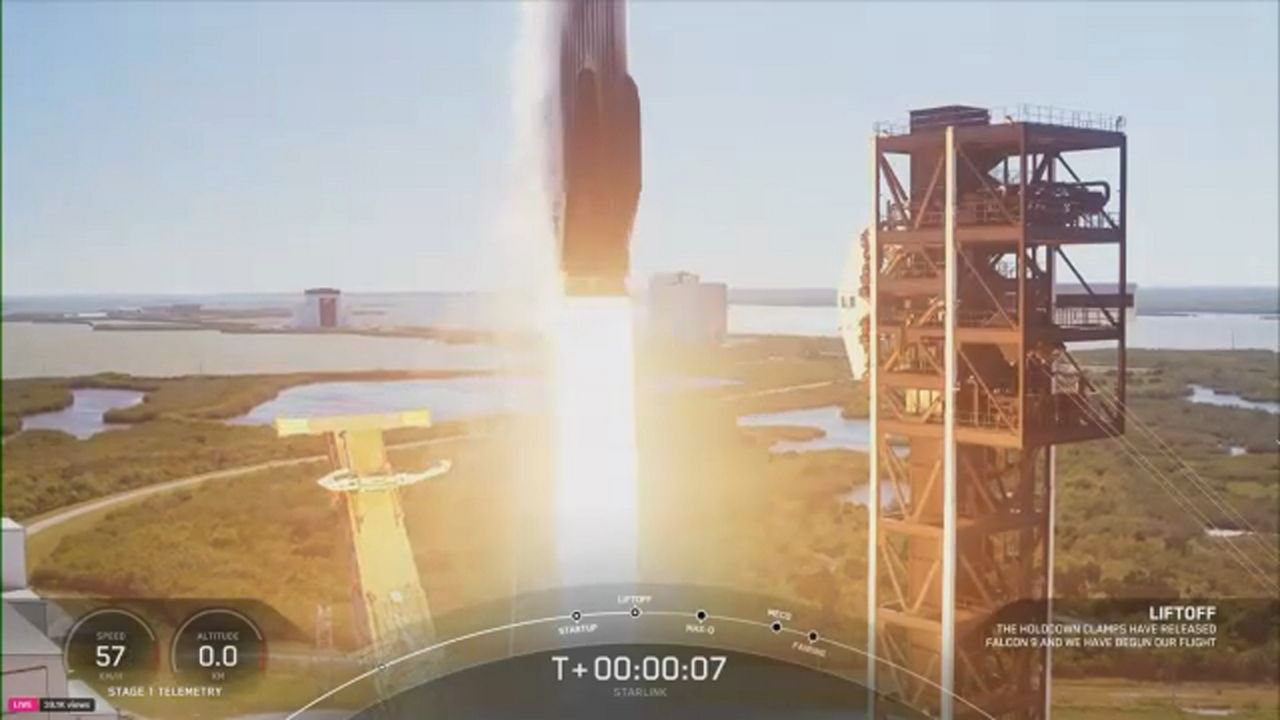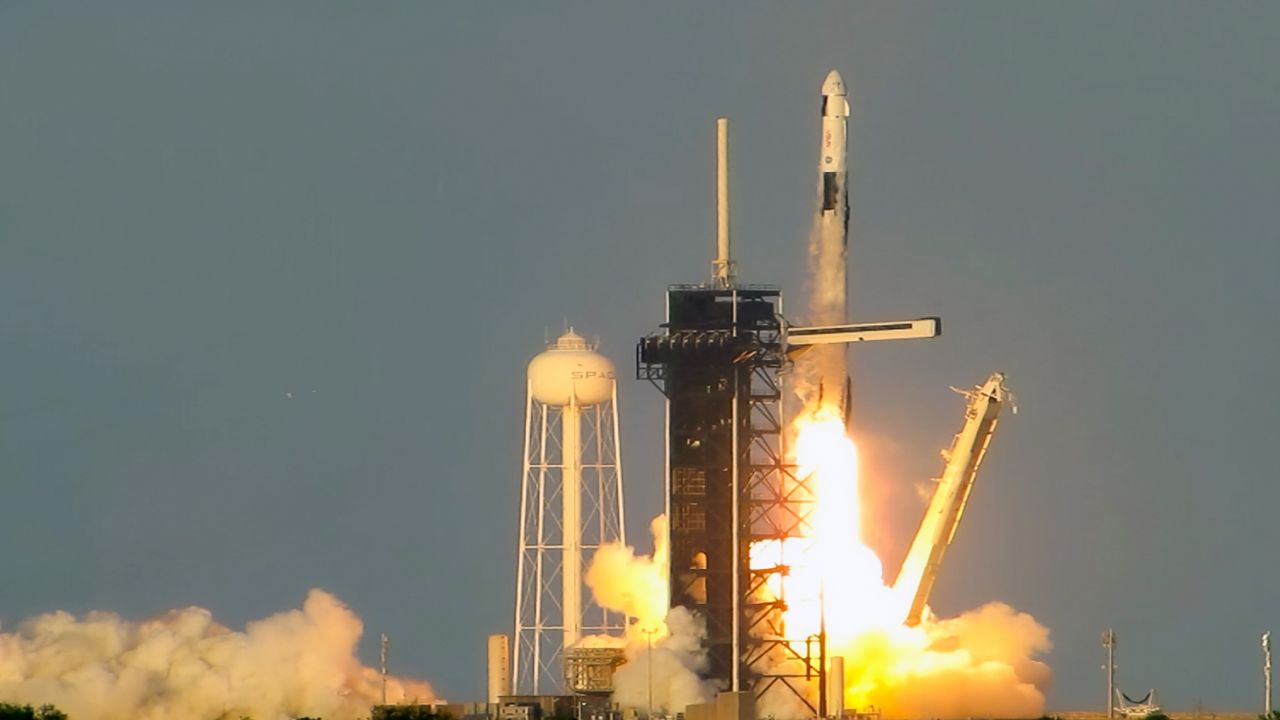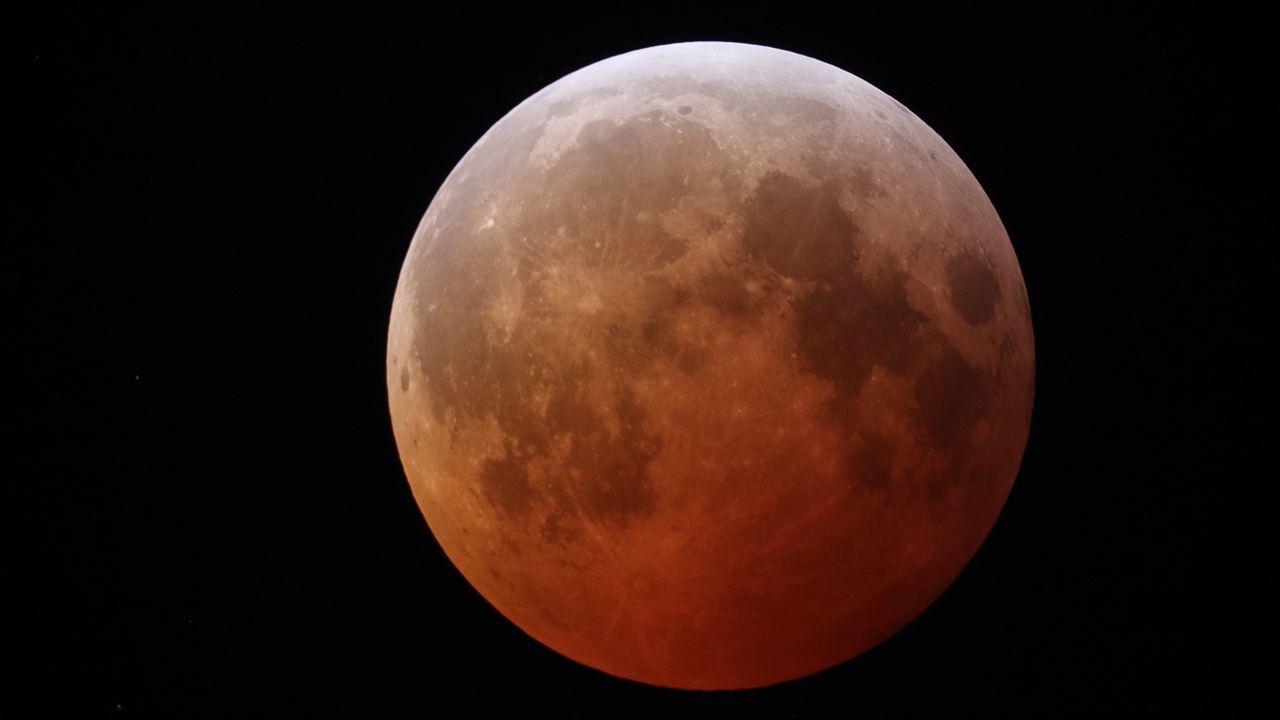CAPE CANAVERAL SPACE FORCE STATION — SpaceX started the weekend off with another Starlink launch on Friday morning.
What You Need To Know
- Starlink 12-14 mission left from Launch Complex 40 at Cape Canaveral Space Force Station
The California-based company’s famed Falcon 9 rocket took off from Space Launch Complex 40 at Cape Canaveral Space Force Station, stated SpaceX.
The Starlink 12-14 mission was launched at 10:19 a.m. ET. The launch window opened at 6:31 a.m. ET and will close at 10:25 a.m. ET.
The 45th Weather Squadron gave an 85% percent of a good forecast condition, with the only concerns being liftoff winds.
Find out more about the weather criteria for a Falcon 9 launch.
If the launch was scrubbed, the next attempt would have been Saturday, Feb. 22, at 6:17 a.m. ET.
Into the blue
This is 21st mission for the Falcon 9's first-stage booster B1076. It has a good history of launching different kinds of satellites.
- CRS-26
- OneWeb Flight 16
- Intelsat IS-40e
- Starlink Group 6-1 mission
- Starlink Group 6-3 mission
- Starlink Group 6-6 mission
- Starlink Group 6-14 mission
- Starlink Group 6-21 mission
- SES O3B-mPOWER
- Ovzon-3
- Starlink Group 6-40 mission
- Eutelsat 36D
- Starlink 6-54
- Starlink Group 6-64 mission
- Turksat 6A
- Maxar 2 mission
- Starlink 8-19 mission
- Starlink 6-68 mission
- Sirius SXM-9 mission
- Starlink 12-7 mission
After the stage separation, the first-stage rocket landed on the droneship A Shortfall of Gravitas that will be in the Atlantic Ocean.
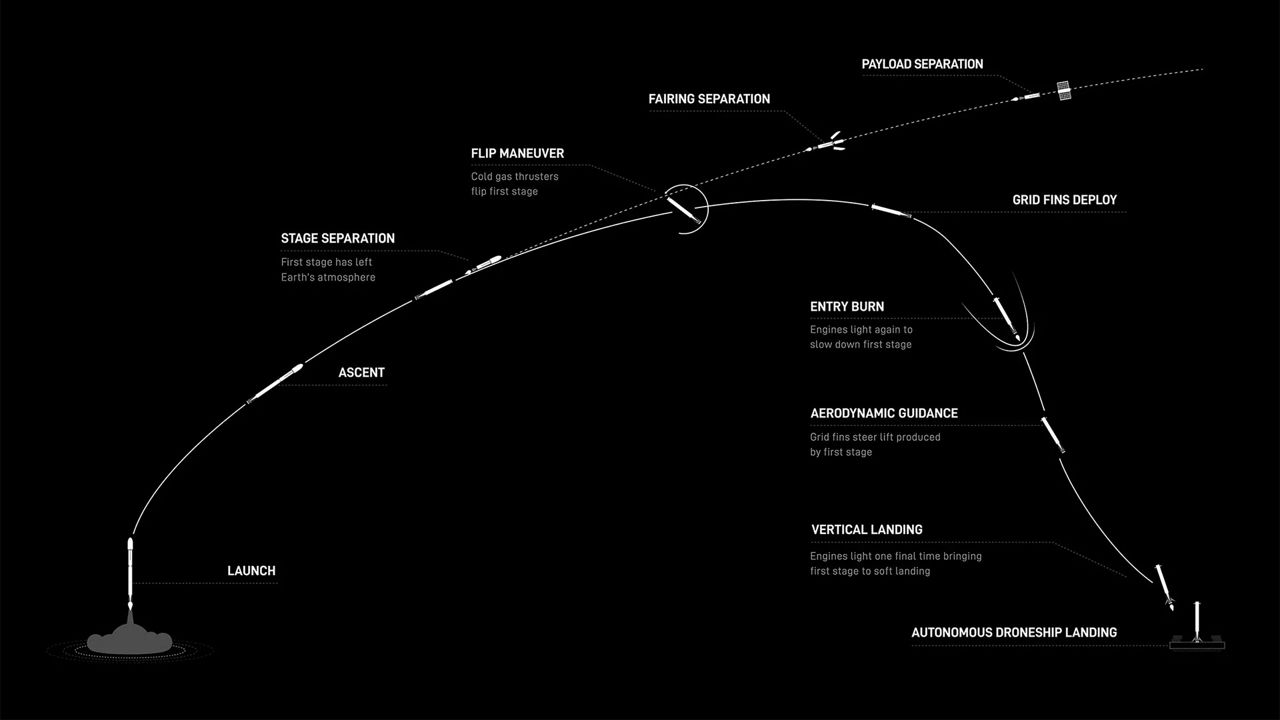
About the mission
The 23 satellites from the Starlink company, owned by SpaceX, will be heading to low-Earth orbit, which is currently home to more than 7,000 of their mechanical brothers and sisters.
Once in their new residence, these satellites will deliver internet service to many parts of the round little Earth.
Dr. Jonathan McDowell, of Harvard-Smithsonian Center for Astrophysics, has been documenting Starlink satellites.
Before this launch, McDowell recorded the following:
- 7,055 are in orbit
- 6,268 are in operational orbit






